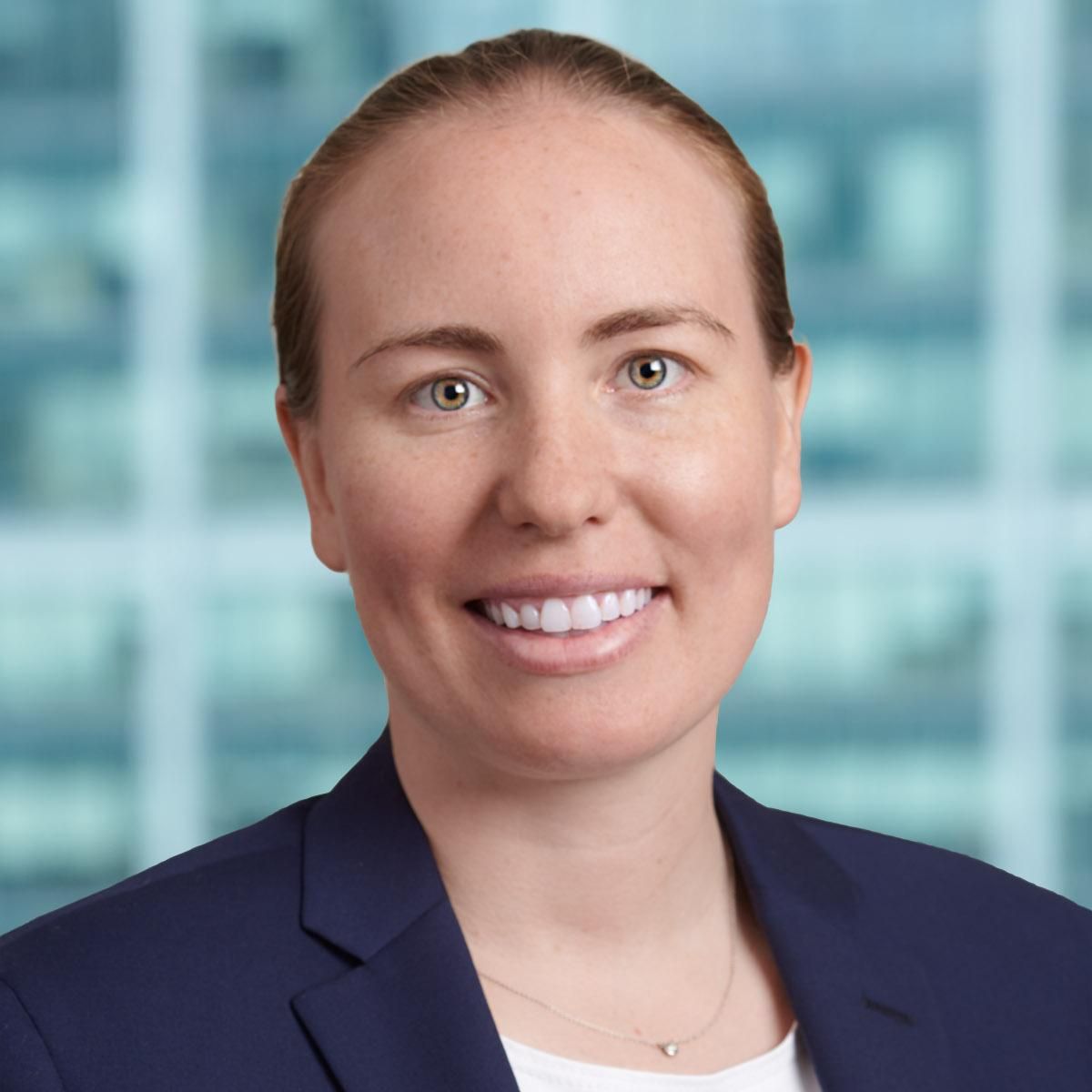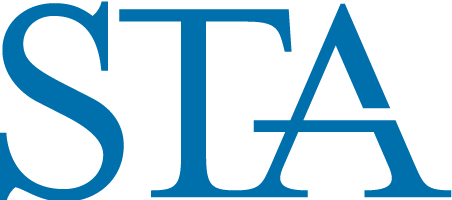To highlight the important work and impressive achievements of women in financial services, the STA Women in Finance Committee is pleased to highlight women from all areas of the industry who aim to inspire the next generation of women in finance.
This month, we’re highlighting the career of Ashley Banfield, Co-Head of Global Execution Strategy in the Equity division at Fidelity Investments. In her role, Ms. Banfield is responsible for overseeing the day-to-day operations of the Global Trading desk and engaging across the industry on topics relating to Equity Market Structure. Prior to joining Fidelity in 2013, Ms. Banfield served as an executive director at Morgan Stanley in New York. She has been in the financial industry since 2005. Ms. Banfield earned her bachelor of arts degree in economics from Harvard and her master of business administration degree from Columbia University.
– Inessa Ruffman, STA WIF Chair
Co-Head of Global Execution Strategy

Why did you choose a career in the financial services industry? How did you get started?
I didn’t know what I wanted to do after college. One of my ice hockey teammates suggested Finance, so I applied to several summer internships across the industry. Originally, I was slated for investment banking but that quickly changed when I stepped on to Morgan Stanley’s trading floor. I was immediately attracted to the energy and fast-paced nature of the Equity business. After spending a summer in Sales and Trading, I was hired full-time into a trading role. I really liked the objective, real-time feedback associated with managing a book and recognizing profit & loss. There was a clear barometer from which to measure success on a daily basis.
How has the industry changed in the time that you’ve been part of it?
I remember being told early on in my career that traders wouldn’t exist in 5-10 years. There’s been tremendous growth in electronic trading, automation, data consumption and analysis, but the outcome hasn’t been as draconian as many predicted. We’ve been able to reap benefits from building scale into our process, automating routine, mundane tasks allowing our traders to spend more time on higher value activities like talking to our portfolio managers and sharing unique observations in the market. The role of the trader continues to evolve in a positive way – they’ve become part of the investment process instead of simply an execution function.
I also think leadership styles have evolved, particularly in the trading business. There was a time when I thought you had to be this charismatic extrovert with all the answers and lead with an authoritarian style. The reality is that leadership is not one-dimensional, and having the humility to acknowledge when you aren’t the expert is powerful. It creates opportunities to bring team members together and engage in candid debates about ideas, assumptions, and the best path forward. We end up with better outcomes for the business.
What are you most proud of in your career and why?
I’m most proud of the team we’ve built and how in-sync we are with each other. We have an unbelievably talented team. There’s a high level of trust, support and a real appreciation for the unique skills and capabilities that each member brings. There’s a high level of global coordination and communication across the team, strong work ethic and attention to detail, utmost integrity, support for each other, and intellectual curiosity that propels us forward. If there’s one thing I’ve done well in my career, it’s surround myself with talented people!
What are your hopes for the future of the industry?
The industry as a whole has brought D&I to the forefront of the conversation. At Fidelity, our head of D&I, Wendy John, reports into the CFO. Her team is embedded within the business units and I think that helps directly connect the work in a more deliberate way to the business. Many firms across the industry have started putting out annual D&I reports, Fidelity included, and have clearly articulated their commitments and been transparent about representation and what they’re doing. My hope is that our firms better reflect the demographics of the population at large and the customers and communities in which we serve.
Do you have any words of wisdom for the next generation of women in finance?
I tend to borrow my words of wisdom from others! There are some great video clips of Kara Lawson, head coach of Duke women’s basketball, talking to her team. One of my colleagues, Jamey Bianchi, sent me one called “Handle hard better.” Markets, trading, leading teams, and life in general is hard. It’s not about waiting out the hard until it gets easier. It’s not going to get easier. It’s about getting better at handling hard. “Make yourself a person who handles hard well, not someone who’s waiting for easy.”
